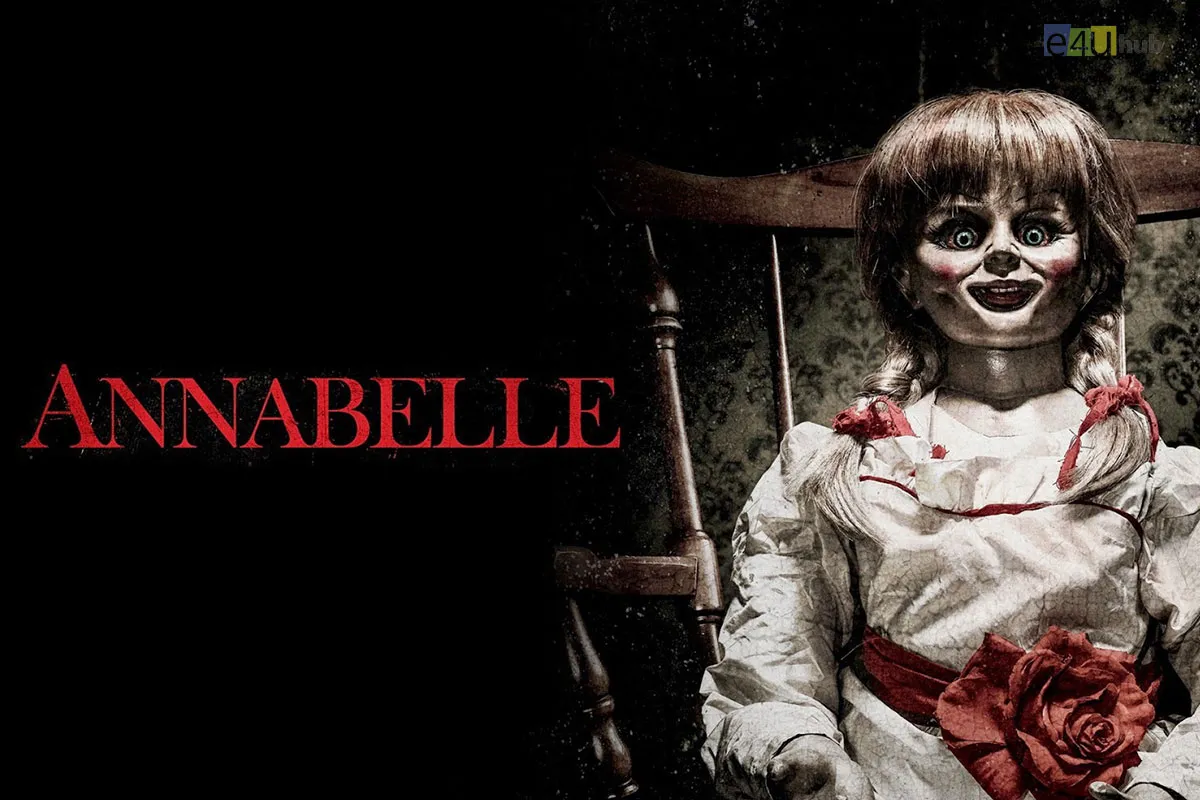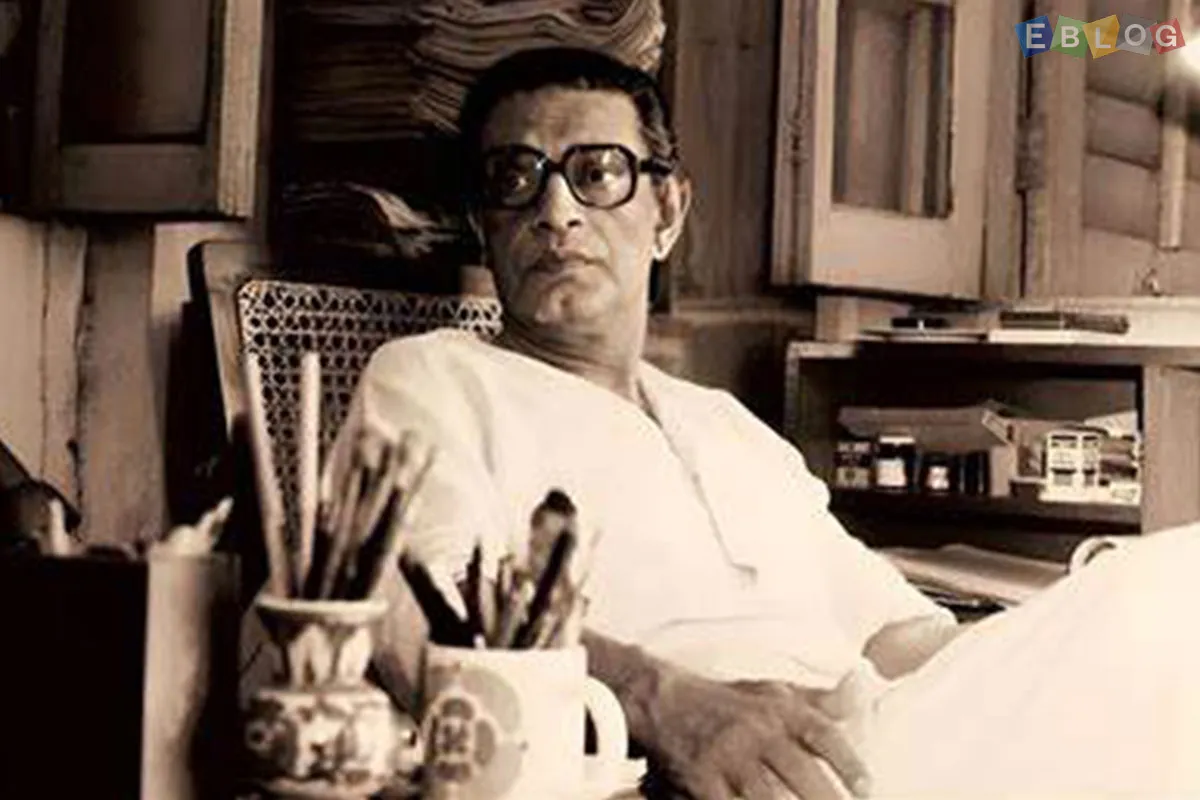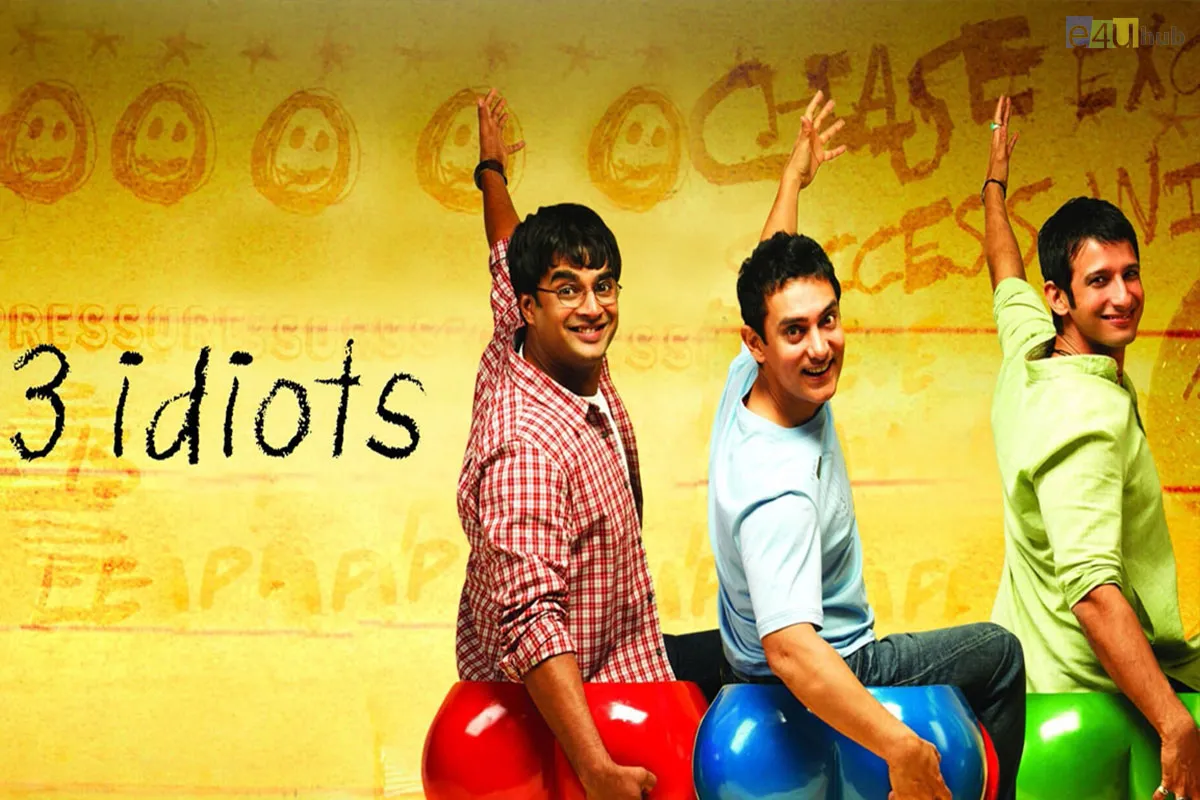
The Role Of Music In Movies
- 17 Nov, 2023
- Entertainment
- 575 Views
- 0 Comments
Music plays a crucial role in movies, contributing significantly to the overall cinematic experience. Here are some key aspects of the role of music in films:
1. Setting the Tone and Atmosphere:
Music helps establish the mood and atmosphere of a scene or the entire film. It can evoke emotions, create tension, or set a lighthearted tone, enhancing the viewer's emotional connection to the story.
2. Enhancing Emotional Impact:
Music has the power to intensify the emotional impact of a scene. A well-chosen musical score can elicit a wide range of emotions, including joy, sadness, fear, or excitement, making the viewer more engaged with the narrative.
3. Building Suspense and Tension:
Film composers often use music to build suspense and tension, especially in thrillers and horror genres. The right combination of melodies, rhythms, and dynamics can heighten anticipation and create a sense of unease.
4. Supporting Storytelling:
Music complements the storytelling process by underscoring key moments, emphasizing character development, and guiding the audience's emotional response. It can provide additional layers of meaning to the visuals and dialogue.
5. Establishing Time and Place:
Through the use of specific musical styles, instruments, or cultural references, film music can help establish the period and geographic location of the story, enhancing the overall authenticity and immersion for the audience.
6. Characterization:
Musical motifs or themes can be associated with specific characters, helping to define and reinforce their traits or arcs throughout the film. This technique, known as a leitmotif, has been used effectively in various iconic film scores.
7. Rhythmic Pacing:
The tempo and rhythm of the music can influence the pacing of a scene or the entire film. Fast-paced music can enhance action sequences, while slower tempos may be used for reflective or dramatic moments.
8. Memorability and Branding:
Iconic film scores can become synonymous with the movie itself. Memorable themes, like those composed by John Williams for Star Wars or Hans Zimmer for Inception, contribute to the film's identity and often become part of popular culture.
9. Smooth Transitions:
Music helps smooth transitions between scenes and can bridge gaps in time or location changes. This continuity aids in maintaining a seamless flow throughout the film.
10. Cultural Context:
In films with specific cultural settings, music can provide authenticity and contribute to the portrayal of cultural nuances. It adds another layer to the storytelling by incorporating elements that resonate with the film's cultural context.
11. Heightening Action Sequences:
Intense action sequences are often accompanied by dynamic and energetic music to amplify the excitement and adrenaline, creating a more immersive experience for the audience.
12. Marketing and Recognition:
A memorable film score can contribute to the marketing and recognition of a movie. It may be used in trailers, and promotional material, and can become synonymous with the film in the minds of the audience.
In summary, the role of music in movies is multifaceted, encompassing emotional enhancement, storytelling support, and the creation of a unique and memorable cinematic experience. The collaboration between filmmakers and composers is essential in achieving a harmonious integration of music into the visual storytelling process.














Leave a Reply